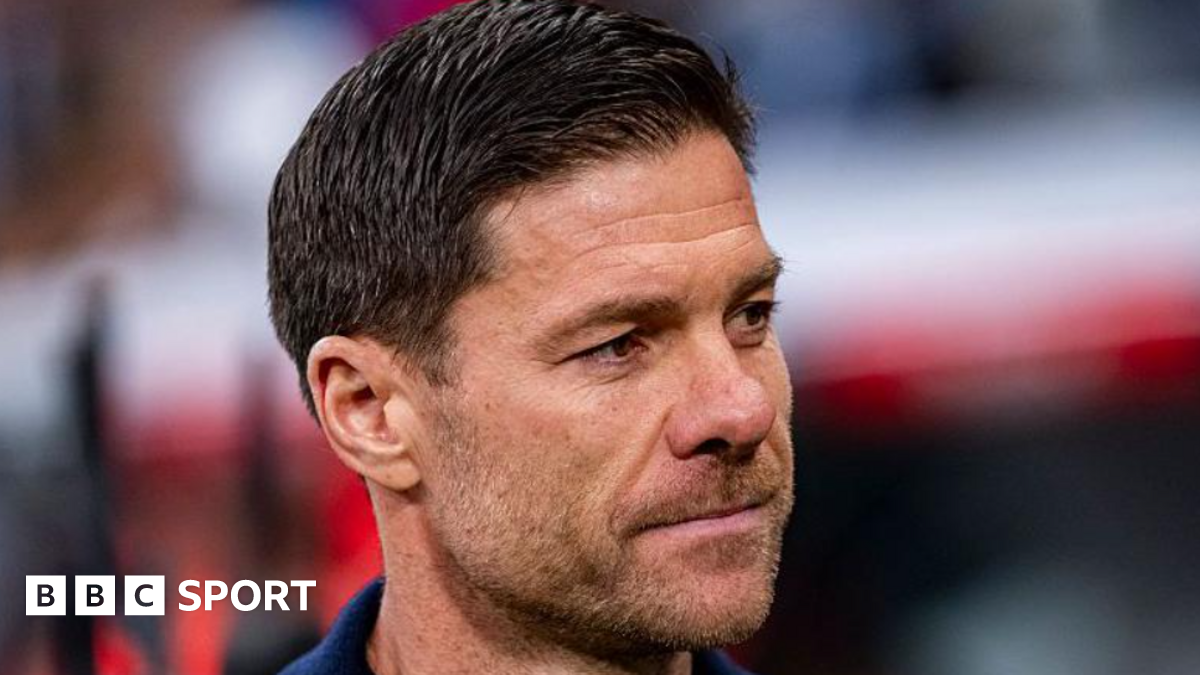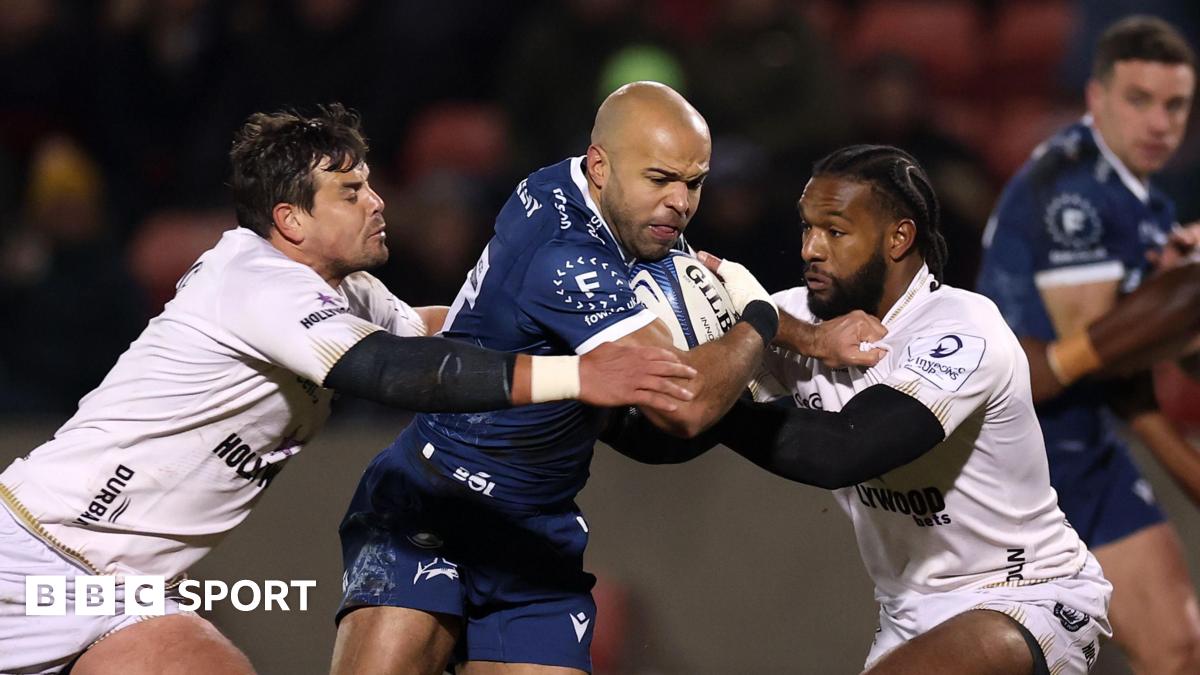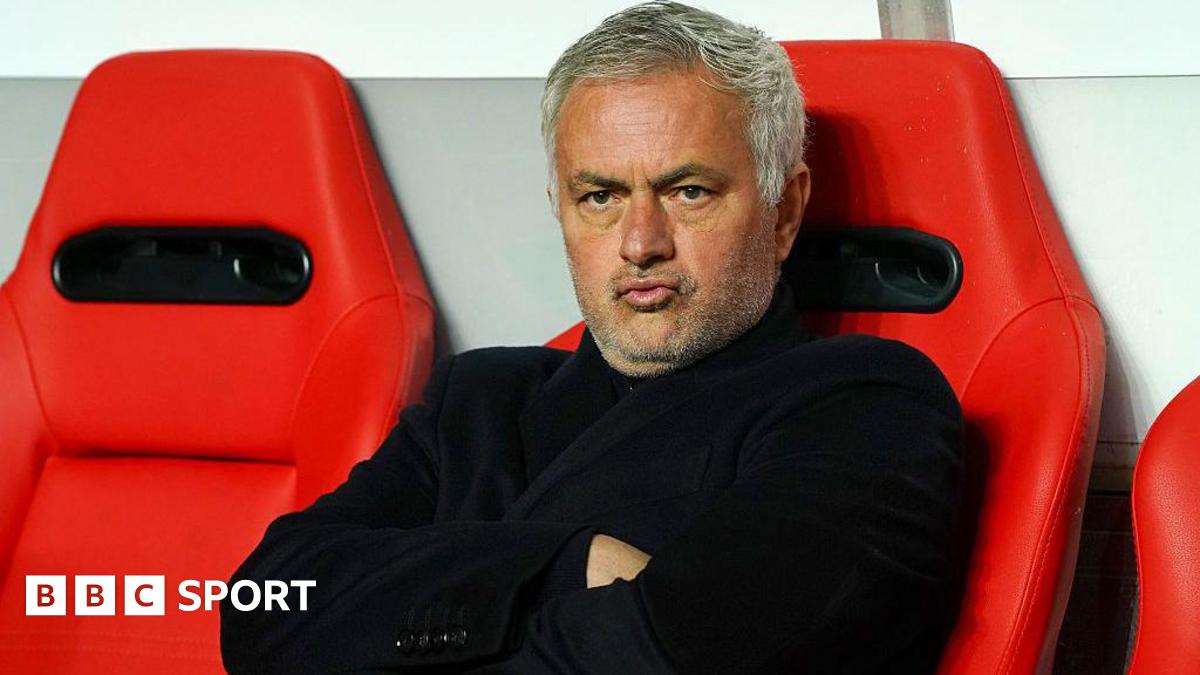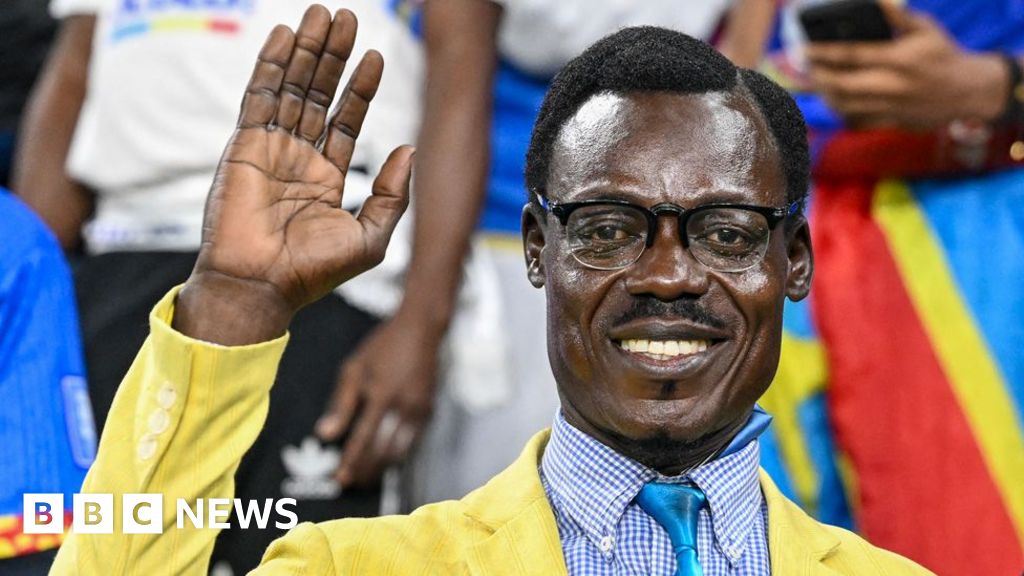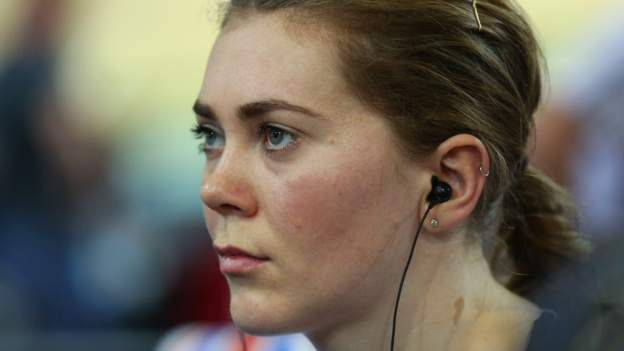Jess Varnish’s employment tribunal appeal hearing has been told it should not fear a Bosman-style ruling just because of the disruption it may cause.
Varnish, 29, is appealing after failing to prove she was an employee of British Cycling or funding body UK Sport.
The British former cyclist then intends to sue for discrimination after being dropped for the 2016 Rio Olympics.
During the initial hearing, British Cycling’s lawyer warned “the skies would fall in” should Varnish win.
The lawyer argued that it could lead to major changes in the way athletes were funded by governing bodies and UK Sport.
But tribunal appeal lay member Peter Hunter, who will assist ruling judge Mr Justice Choudhury, said: “The potential disruption is irrelevant.”
Hunter said he was “surprised” neither side had mentioned the landmark case of Jean-Marc Bosman, who successfully challenged football’s transfer rules at the European Court in 1995 on the basis of restraint of trade.
It fundamentally changed the way clubs treated footballers – by allowing them to leave for free at the end of their contracts.
Hunter added: “I’m a football fan and I think [Bosman] had a very disruptive effect on football and one can see the potential disruption [here] but it’s irrelevant.
“Bosman was legally right and the question here is what is legally correct.”
Varnish lost her case in January 2019 following the initial hearing, but won the right to appeal last December.
The result of the appeal, which took place over video link on Tuesday and Wednesday, is not expected for between three and 10 weeks.
It could lead to the original decision being overturned, a second tribunal needing to take place with three panel judges rather than one, or the original decision being upheld.
Varnish’s legal team, led by David Reade QC, is arguing that the contract between British Cycling and the former European team sprint champion was akin to that of an employer-employee relationship.
British Cycling said the relationship was “that of an organisation supporting talented and dedicated athletes to achieve their best” and funding was more like a university grant.
But Reade said that analogy fell down because of the control which British Cycling exerted over riders such as Varnish.
He argued: “It’s true that in the context of university, if I’m a student I may enter into a contract to get the benefit of tuition or lecturing. There’s no question the university is providing services.
“But under the contract with a university, is there a contractual commitment on the part of student to attend lectures and tutorials? Is there any commitment of a student to sit exams that the university stipulates?
“Do they need to wear the university logo or allow their image to be used in the media for the purposes of the university?
“None of those things are present.”
A British Cycling spokesman said: “The hearing was listed prior to the Covid-19 pandemic and, while there are significant challenges for sport and all other sectors of society at this time, we will continue to represent what we believe are the best interests of every rider currently supported through the high performance system, and all those who hope to one day compete at an Olympics or Paralympics.
“We very much regret that Jess has been advised to pursue the route of an employment tribunal when other avenues were available to her.
“The culture of the Great Britain Cycling Team has changed for the better since Jess first raised what everyone recognises as legitimate concerns.”

